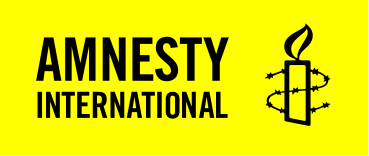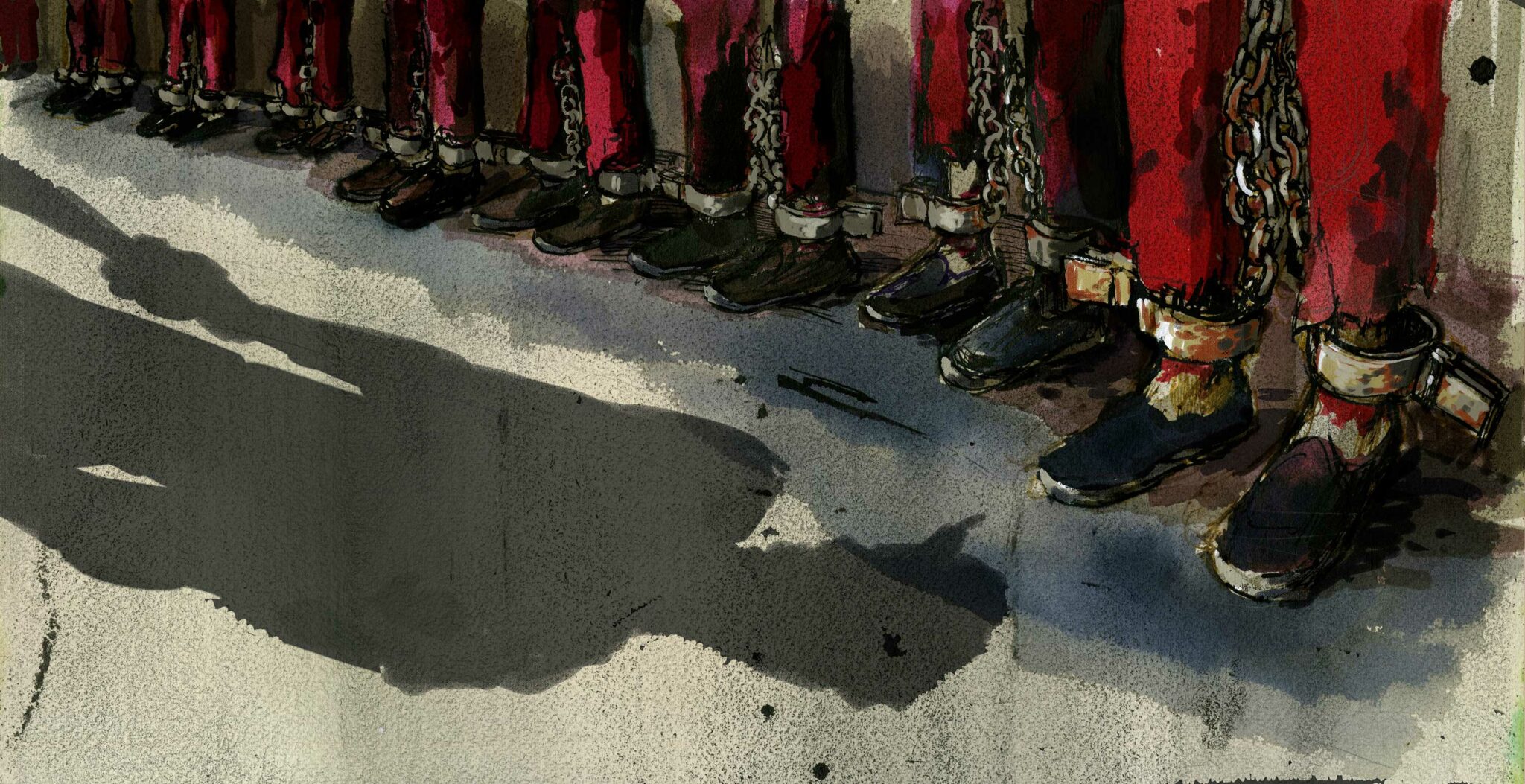Detention in ‘hospitals’
Four former detainees told Amnesty International they were not interned in a formal camp, but instead spent most of their internment detained in hospitals. [[[Amnesty International interviews.]]] These included three older former detainees who said they were kept inside hospital rooms for nearly a year. They were nominally told to learn Chinese, but reported just sitting in the room for months on end. Erasyl, an older woman, told Amnesty how she spent most of her detention in a hospital room with other older women, none of whom were permitted to leave the floor.
I was at the hospital the whole summer… it is the [top] floor of a normal hospital, but it is blocked from other floors, and the windows are barred [and] only doctors can come in and out… I was kept in a room with six other elderly people… We were not allowed to go outside… We spent most of the day just sitting on our bed… We had lessons but I had problems hearing and my eyes were bad; they didn’t pressure me. They just demanded that I sign my name in Chinese… and we had to sing red songs. [[[Amnesty International interviews.]]]
Similarly, Rahima, also an older woman, was kept in a hospital room with a group of such women for several months. She told Amnesty how they spent the time:
[During the day] we would wake up and have breakfast in the room. We were handed papers and books. I pretended to read, but I didn’t understand anything. We would pretend to learn all day. Then we would have a meal and sleep. They taught some red songs. They wanted us to learn Chinese words. We weren’t allowed out. We just wanted to be released. We were only allowed to go to the toilet. Otherwise we stayed in the room. [[[Amnesty International interviews.]]]
Amnesty also interviewed one person who visited a family member, in their 70s, who was temporarily detained in a hospital. “The hospital was like a prison… [my family member’s] legs were covered with a blanket [at first]… but then I saw that her feet were chained to the bed… it was so sad to see with her legs cuffed,” Aiman said. [[[Amnesty International interviews.]]]



